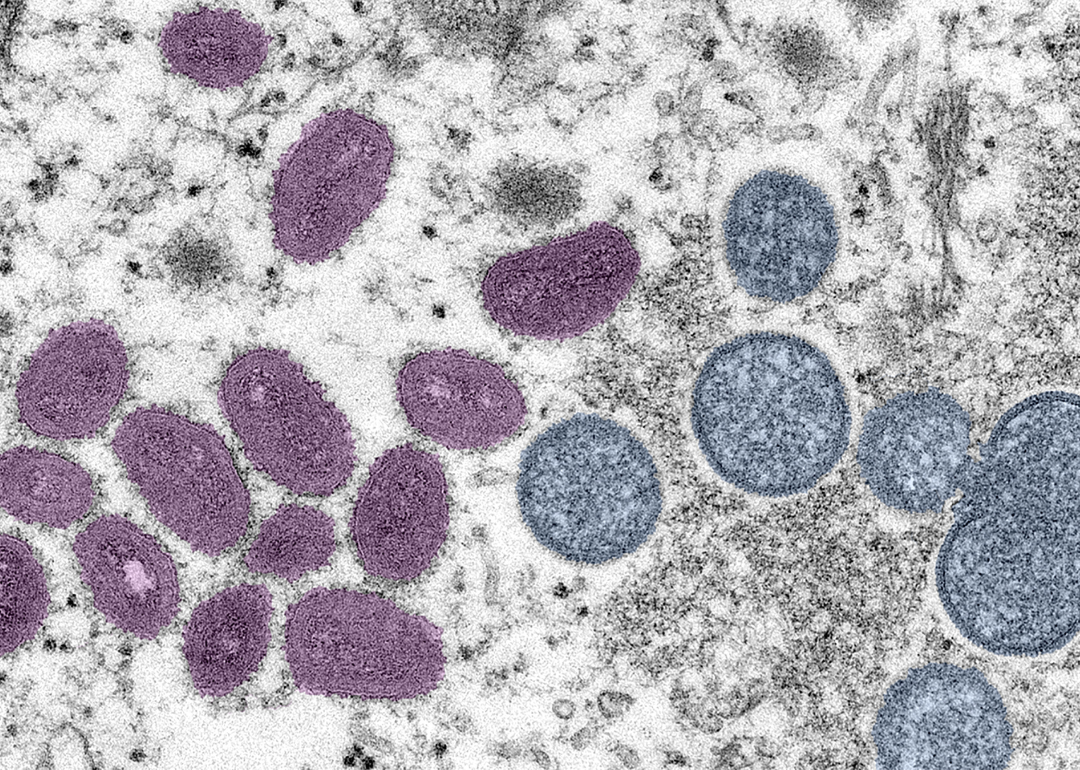
Michigan monkeypox weekly update
On August 4, 2022, the Biden administration declared monkeypox a public health emergency. Since then, every state and Washington, D.C. has recorded cases of the virus, with the first death from monkeypox confirmed on August 30 in Texas. Though monkeypox is not a new disease—it was discovered in animals in 1958 and in humans in 1970—the sudden influx of active cases presents a significant risk.
The primary hallmark of the monkeypox virus is the rash, or "pox," that infected individuals develop. Other symptoms include fever, chills, and swelling of the lymph nodes. Monkeypox is spread via close skin-to-skin contact with an infected individual or by contact with infected body fluids on surfaces; the virus can live on surfaces for up to fifteen days. The CDC recommends getting the monkeypox vaccine when you are eligible and communicating openly with close contacts and medical professionals if you or those you are close with develop symptoms of monkeypox.
Stacker is collecting data from the CDC to examine monkeypox case trends in Michigan. Keep reading below to see how many cases are in your state and how your state compares to the rest of the nation.
Michigan monkeypox weekly update
Michigan statistics
- Cumulative cases since July 2022: 237
--- Cumulative cases per million people: 23.6
- New cases during the last 7 days: 20
--- New cases per million people: 2.0
Nationwide statistics
- Cumulative cases since July 2022: 22,741
--- Cumulative cases per million people: 67.9
- New cases during the last 7 days: 1,191
--- New cases per million people: 3.6
States with the most cumulative cases per million since July 2022
#1. Washington, D.C.: 473 cases (705.9 cases per million people)
#2. New York: 3,694 cases (186.2 cases per million people)
#3. Georgia: 1,614 cases (149.5 cases per million people)
#4. California: 4,300 cases (109.6 cases per million people)
#5. Florida: 2,301 cases (105.6 cases per million people)
States with the fewest cumulative cases per million since July 2022
#1. South Dakota: 2 cases (2.2 cases per million people)
#2. Kansas: 7 cases (2.4 cases per million people)
#3. Wyoming: 2 cases (3.5 cases per million people)
#4. Alaska: 3 cases (4.1 cases per million people)
#5. Montana: 5 cases (4.5 cases per million people)



